What is social media marketing
What Is Social Media Optimization.?
Social Media Marketing: Unleashing the Digital Frontier
In the vast landscape of contemporary marketing, one avenue has emerged as a game-changer, revolutionizing the way businesses interact with their audience and promote their products or services. This paradigm-shifting approach is none other than Social Media Marketing (SMM).
At its core, Social Media Marketing involves leveraging various social media platforms to connect, engage, and build relationships with a target audience. It’s a dynamic and multifaceted strategy that employs the unique capabilities of platforms like Facebook, Instagram, Twitter, LinkedIn, and more to achieve specific business goals.

What Is Social Media Advertising
The Pillars of Social Media Marketing
1.Content Creation: Content is the lifeblood of SMM. It includes posts, images, videos, infographics, and articles designed to capture the audience’s attention, inform, entertain, or inspire. The key is to create content that resonates with the target demographic.
2.Audience Engagement: Social media platforms are not just broadcasting channels but interactive hubs. Engaging with the audience through comments, likes, shares, and direct messages fosters a sense of community and trust.
3.Data Analysis: SMM relies heavily on data-driven decision-making. Marketers gather insights on user behavior, demographics, and preferences to fine-tune their strategies and maximize ROI.
4.Paid Advertising: Many social media platforms offer paid advertising options. These targeted ads allow businesses to reach specific demographics and expand their reach beyond organic growth.
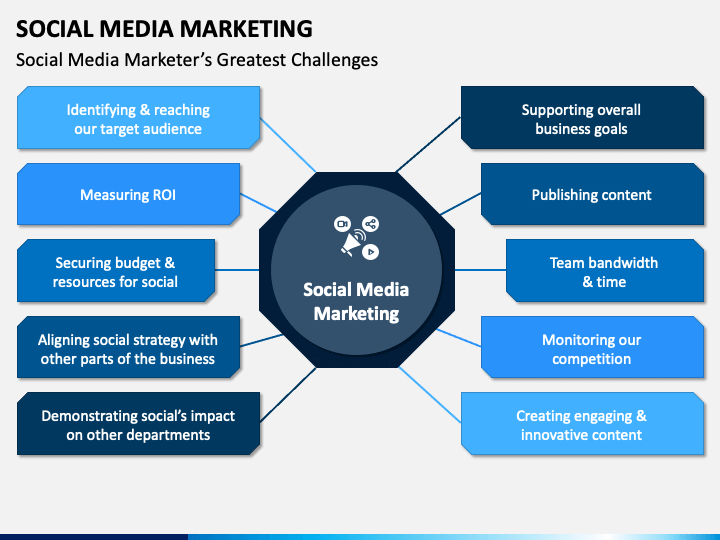
The Benefits of Social Media Marketing
Increased Brand Awareness: SMM helps in creating and spreading brand awareness, reaching a global audience, and making your brand a household name.
Improved Customer Engagement: Engaging with customers in real-time builds trust and loyalty. It allows for immediate responses to inquiries and concerns.
Cost-Effective Advertising: Compared to traditional advertising, SMM can be more cost-effective. It’s also highly scalable, allowing businesses of all sizes to participate.
Measurable Results: With analytics tools, marketers can track the performance of their campaigns in real-time, enabling them to adjust strategies as needed.
Targeted Marketing: Social media platforms offer robust targeting options, ensuring that your content reaches the most relevant audience.
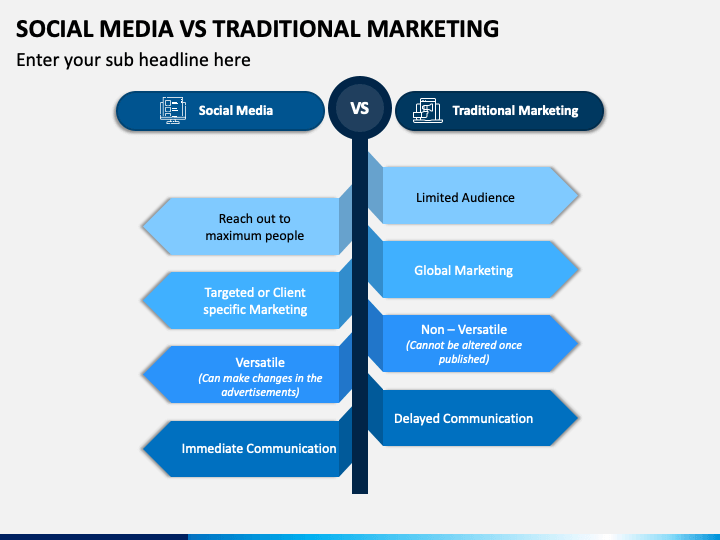
Key Strategies for Effective Social Media Marketing
1.Know Your Audience: Understanding your target demographic is crucial. Tailor your content and messaging to resonate with their interests and needs.
2.Consistency is Key: Maintain a consistent posting schedule to keep your audience engaged and informed.
3.Visual Appeal: Visual content, such as images and videos, tends to perform exceptionally well on social media. Invest in high-quality visuals.
4.Interact Authentically: Engage with your audience genuinely. Respond promptly to comments and messages, and encourage discussions.
5.Paid Advertising: Consider utilizing paid advertising to amplify your reach, especially for important campaigns or product launches.
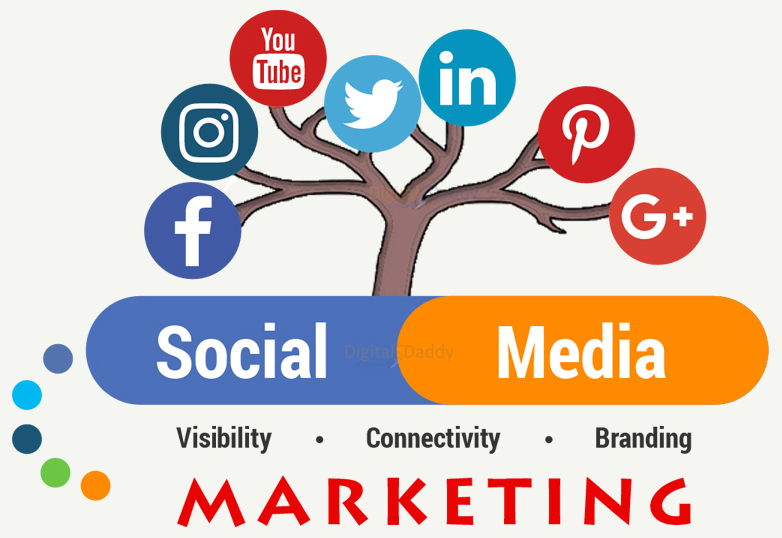
In conclusion, Social Media Marketing is a dynamic and indispensable tool in the modern marketer’s arsenal. It empowers businesses to forge meaningful connections with their audience, foster brand loyalty, and achieve tangible results. As the digital landscape continues to evolve, a well-crafted SMM strategy can be the key to success in an increasingly interconnected world.
What Is Influencer Marketing

Influencer Marketing: The Power of Digital Endorsement
In the ever-evolving landscape of digital marketing, a strategy that has gained significant prominence is Influencer Marketing. This innovative approach leverages the authority and reach of individuals with a substantial following on social media platforms to promote products, services, or brands. Influencer marketing is a testament to the changing dynamics of consumer trust and engagement in the digital age.
The Role of Influencers
Influencers, as the name suggests, possess the ability to influence the opinions, decisions, and actions of their followers. They come from diverse backgrounds, ranging from celebrities, industry experts, and even everyday individuals who have cultivated a loyal and engaged online audience.
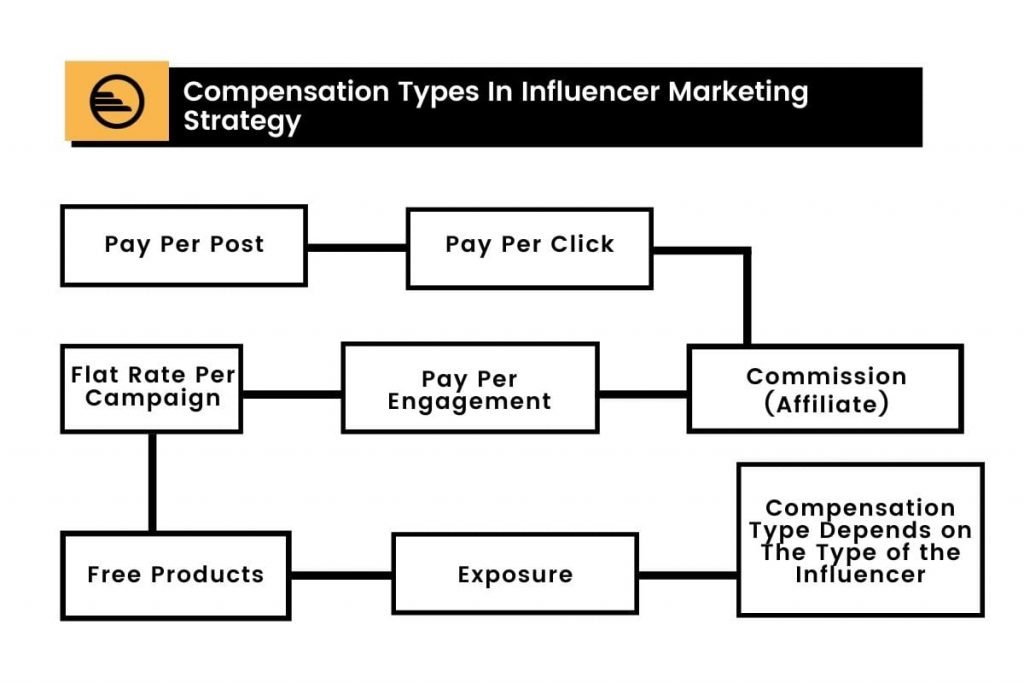
The Mechanism of Influencer Marketing
1.Identification: The first step in influencer marketing is identifying the right influencer for your brand or campaign. This entails considering factors such as their niche, follower demographics, engagement rates, and alignment with your brand values.
2.Partnership: Once an influencer is chosen, a partnership is forged. Brands collaborate with influencers to create authentic and compelling content that showcases their products or services.
3.Content Creation: Influencers create content that seamlessly integrates the brand’s offerings into their own style and narrative. This content can take various forms, including Instagram posts, YouTube videos, blog posts, or live streams.
4.Promotion: The influencer shares the content with their followers, effectively endorsing the brand or product. This endorsement carries weight due to the trust and rapport the influencer has built with their audience.
5.Engagement: Followers engage with the content, leading to increased brand visibility and potentially driving traffic, sales, or other desired actions.
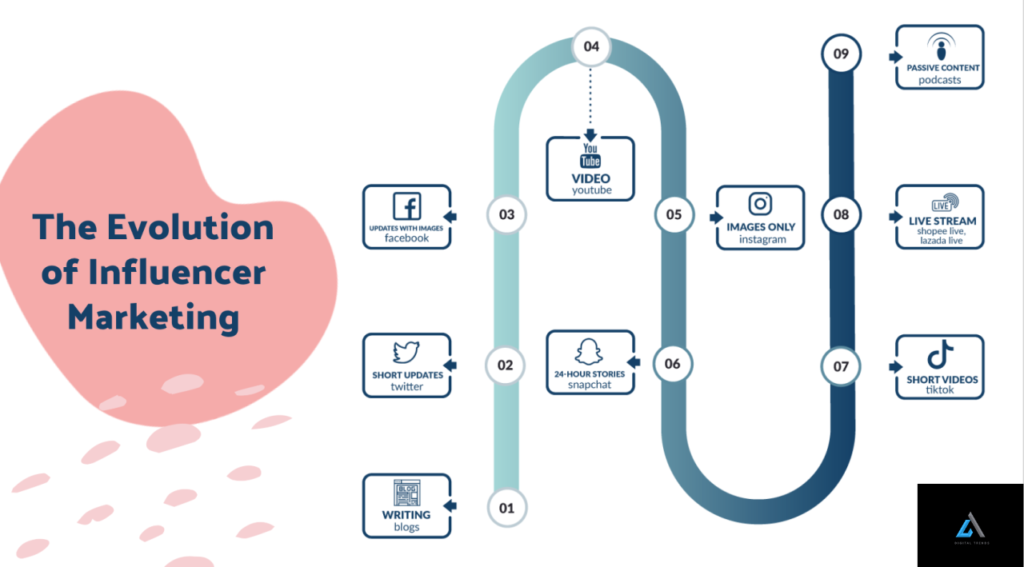
Why Influencer Marketing Works
1.Trust and Authenticity: Influencers are often seen as relatable figures who offer authentic recommendations. Their followers trust their opinions, making their endorsements more convincing than traditional advertising.
2.Targeted Reach: Influencers can tailor their content to specific demographics, ensuring that the brand’s message reaches the right audience.
3.Engagement: Influencers have highly engaged followers who actively participate in discussions and interactions, resulting in a more profound impact.
4.Content Variety: Influencers provide diverse content formats, catering to different consumer preferences and platforms.
5.Credibility: Partnering with influencers in the same niche or industry enhances a brand’s credibility and authority.
Challenges and Considerations
While influencer marketing offers numerous advantages, it’s not without its challenges. Brands must carefully choose influencers whose values align with their own, ensure transparency in partnerships, and navigate disclosure regulations to maintain credibility.
In conclusion, influencer marketing represents a powerful fusion of digital marketing and authentic endorsements. It taps into the inherent trust between influencers and their followers, delivering targeted and compelling messages. As the digital landscape continues to evolve, influencer marketing is poised to remain a potent tool for brands seeking to connect with their audience in a more genuine and impactful manner.

